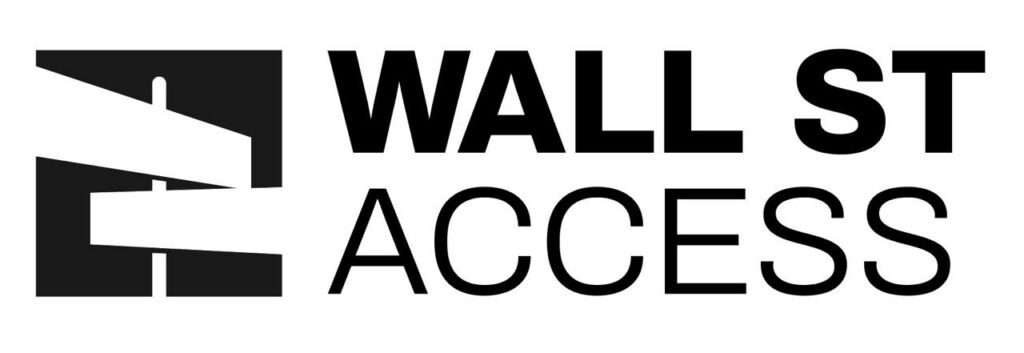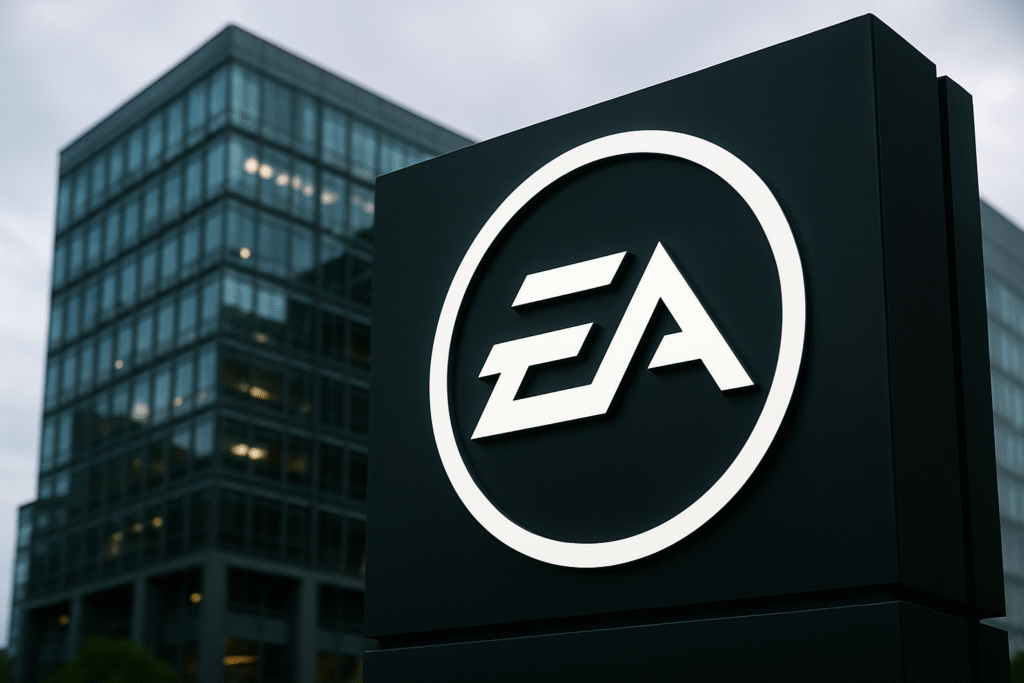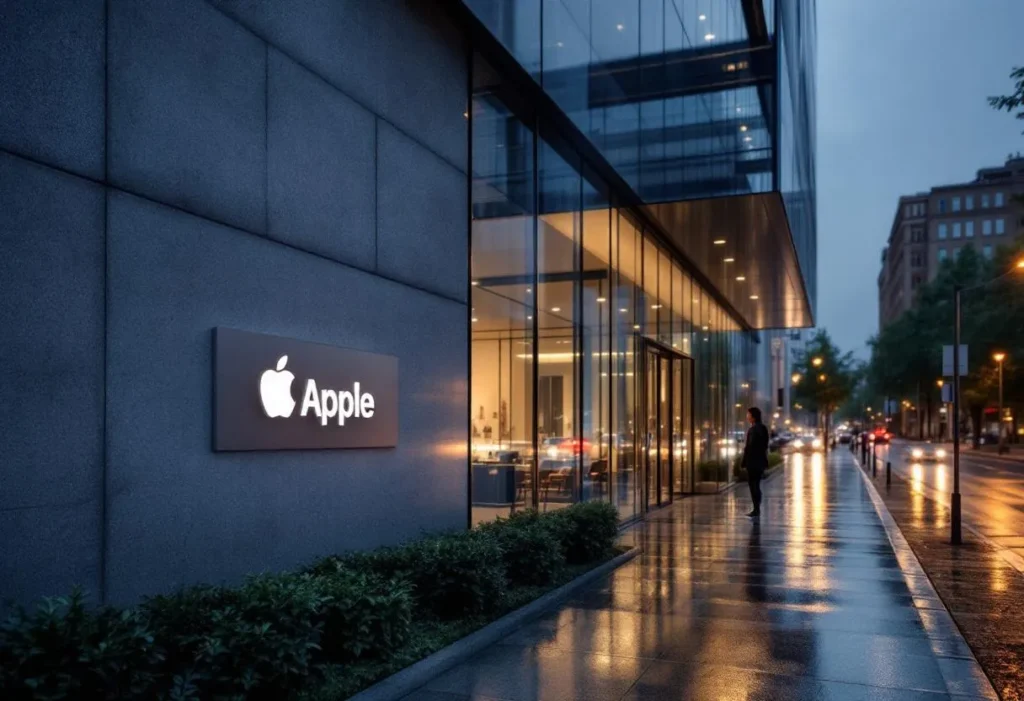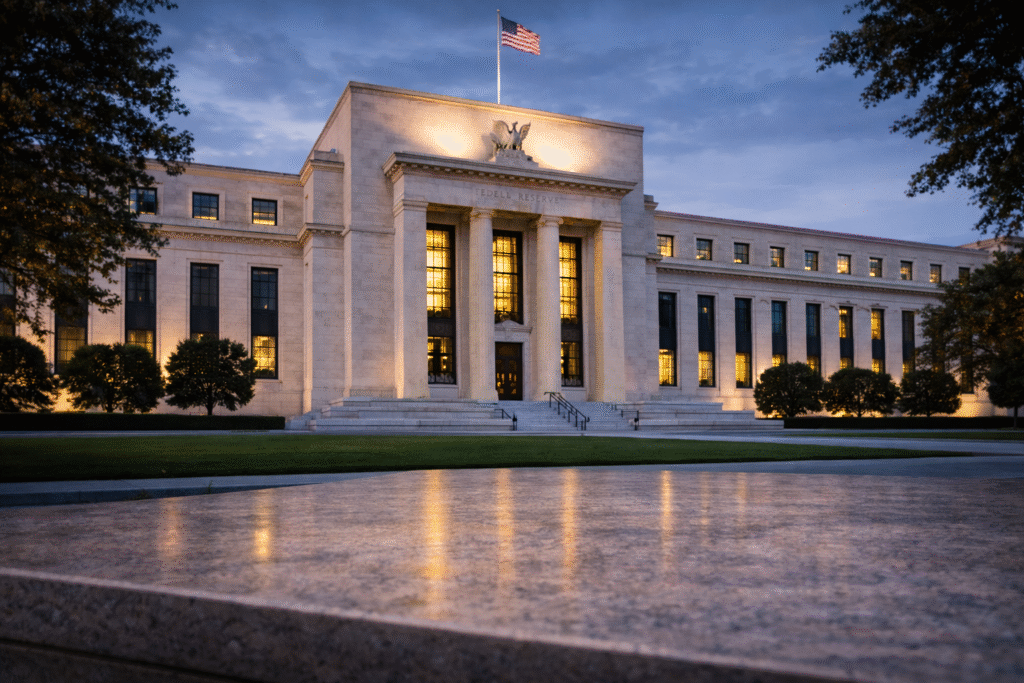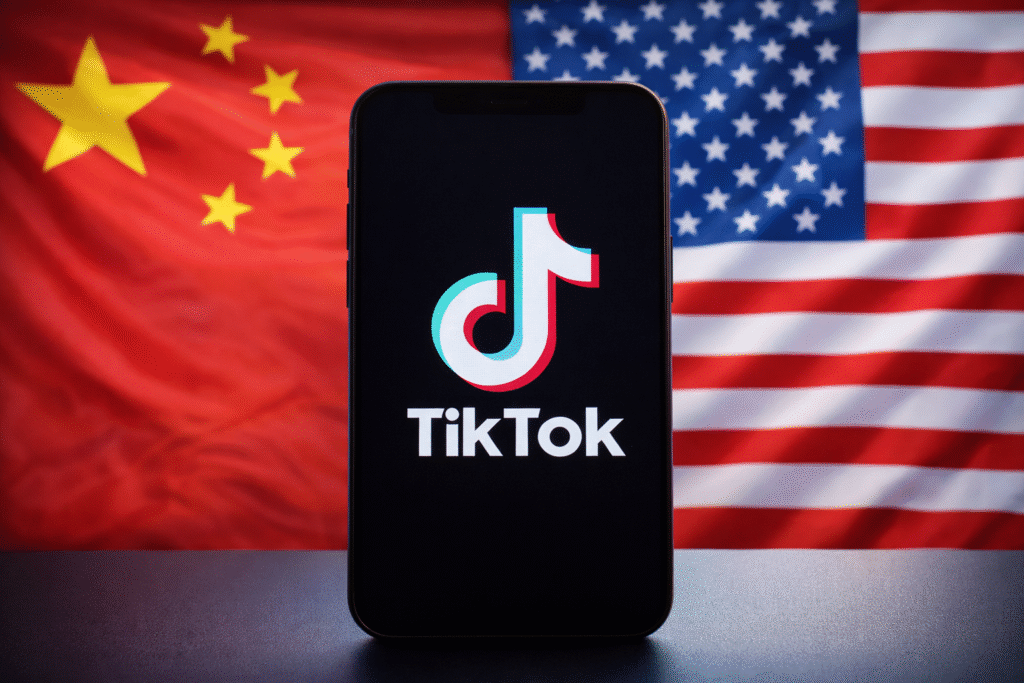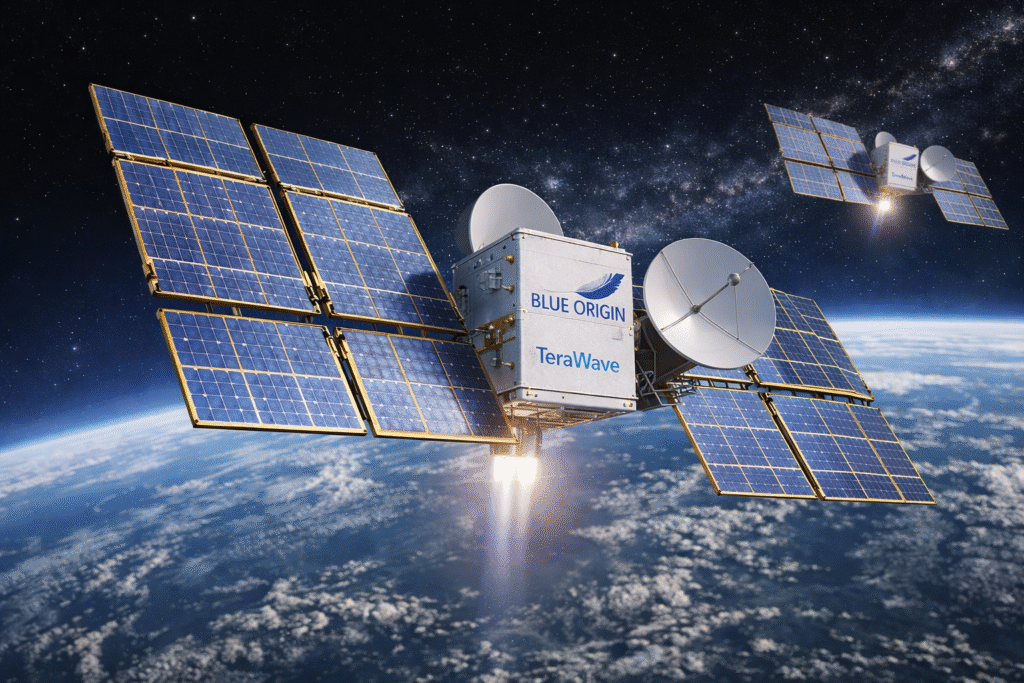A Mega Deal in the Making
Electronic Arts (EA), one of the world’s largest videogame publishers, is reportedly close to a deal to go private in a transaction valued at nearly $50 billion, according to the Wall Street Journal.
The consortium is said to include private equity giant Silver Lake and the Saudi Public Investment Fund (PIF), marking one of the largest leveraged buyouts in gaming history. An official announcement could come as soon as next week.
Shares of EA (NASDAQ: EA) soared more than 14% on the report, reflecting investor optimism that the deal will crystallize value beyond public market expectations.
Why EA, Why Now?
EA has a market cap of about $42 billion — but a buyout at $50 billion implies a 20%+ premium to where the stock traded before the news. The potential rationale:
- Recurring revenue from hit sports franchises like FIFA (now EA Sports FC), Madden NFL, and College Football.
- Undervalued IP library spanning The Sims, Apex Legends, Star Wars, and Battlefield.
- Attractive cash flows, even with consumer spending pressures.
- Opportunity for restructuring away from the scrutiny of public markets.
For private equity firms, the predictable nature of EA’s annualized sports releases and in-game monetization make it a cash-generating machine — especially appealing when paired with growth potential in esports, mobile, and AI-driven gaming.
Gaming Pipeline Still Matters
While the buyout talk dominates headlines, EA is also betting big on its content pipeline:
- College Football 26 launched in July and built on one of 2024’s biggest-selling titles.
- Battlefield 6 was recently unveiled, with analysts projecting millions of copies sold if it can restore the franchise’s credibility after recent missteps.
Still, EA guided for lower Q2 net bookings than Wall Street expected, as consumer spending weakens across its sports portfolio amid a softer economy.
Strategic Implications of Going Private
If completed, the deal would:
- Mark one of the largest private equity buyouts in tech and gaming history.
- Give EA more freedom to restructure operations, invest in risky projects, and push long-term bets without quarterly earnings pressure.
- Potentially bring new strategic alliances via Saudi PIF’s global entertainment portfolio.
The move also underscores a broader trend: sovereign wealth funds and PE firms are targeting undervalued digital entertainment assets, betting on gaming’s growth as the world’s dominant form of media consumption.
WSA Take
Electronic Arts going private at $50 billion would be a watershed moment — not just for gaming, but for private equity’s appetite in tech-driven entertainment. For investors, it signals two truths:
- Public markets may be undervaluing gaming IP relative to its long-term cash flow potential.
- Private capital sees gaming as infrastructure, not just entertainment — a global, recurring-revenue business too important to ignore.
EA’s sports titles remain the backbone, but the bigger story is access: whoever controls EA controls a vast pipeline of cultural touchpoints, from football stadiums to galaxy far, far away.
If you missed our recent coverage of U.S. oil and gas rig counts climbing, it’s another reminder that whether in energy or gaming, capital is chasing scale. For more investor insights, visit the Wall Street Access homepage.
Disclaimer
Wall Street Access does not work with or receive compensation from any public companies mentioned. Content is for educational and entertainment purposes only.
